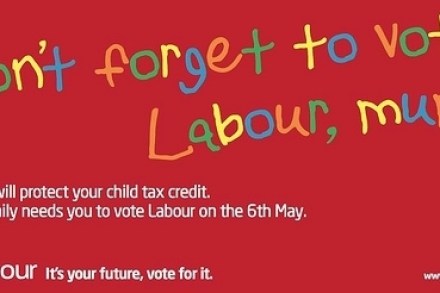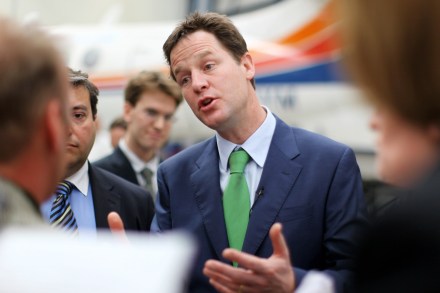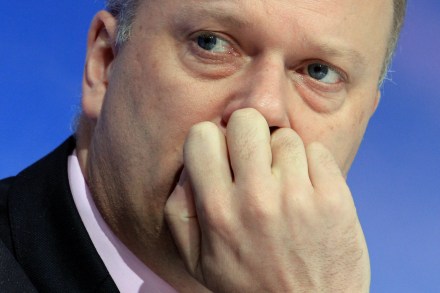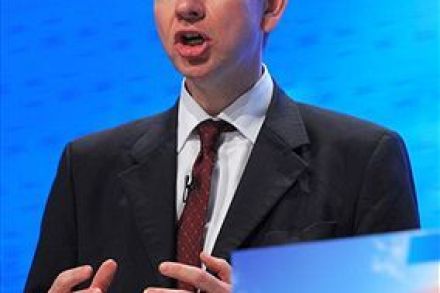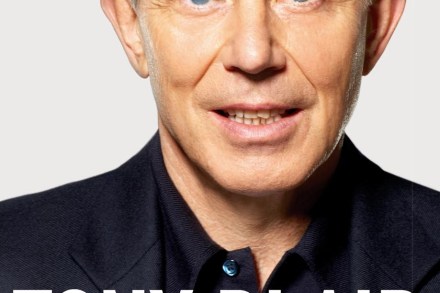Too little, too late | 30 April 2010
My gosh, these latest Labour posters are open for all kinds of spoofery. But at least they’re positive and colouful – unlike Gordon Brown’s performance in the TV debate last night. Which, really, highlights Labour’s fundamental problem during this campaign. The big set-piece events have been almost relentlessly negative, whilst they’ve left what passes for a positive prospectus to posters which will barely make it past the confines of the political blogosphere. But, never mind – Tony Blair thinks that “Labour’s got every chance of succeeding.” So all’s well then.
